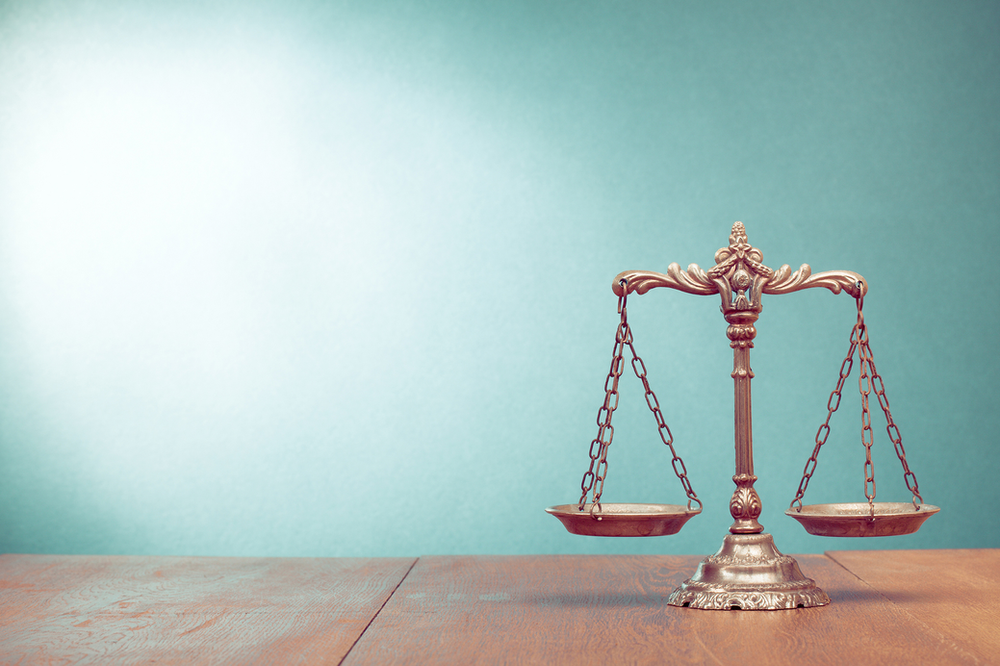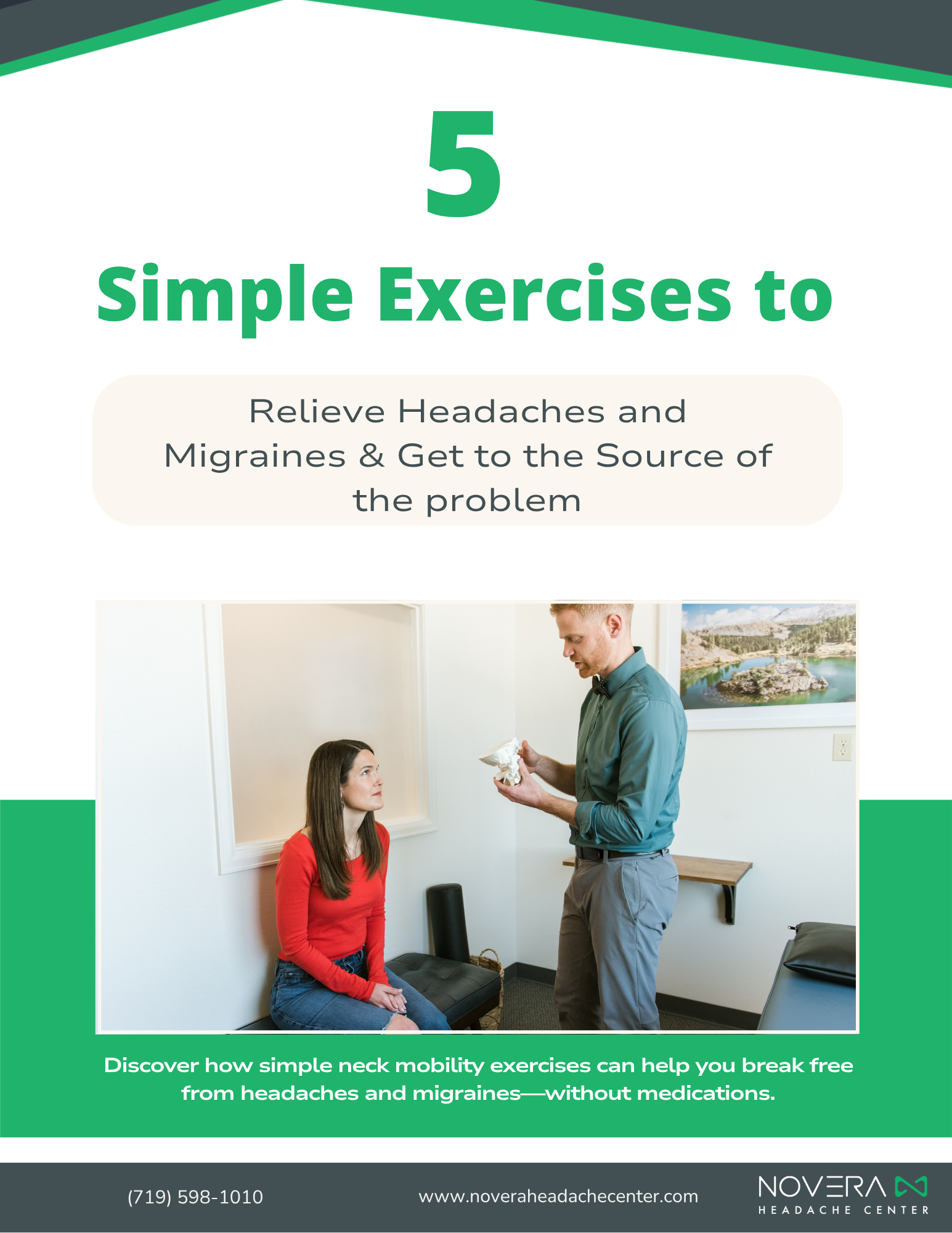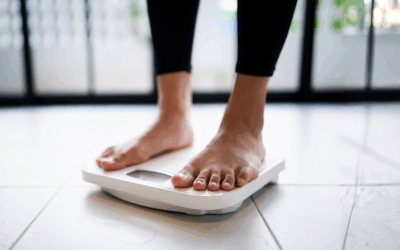
One of the most commonly missed sources of dizziness is the neck. That’s right, the neck contributes to balance and the brain relies on its input. When the neck doesn’t move like it should, the brain gets a faulty signal and away you go, on a dizzy adventure.
It all goes back to how our bodies were designed. There are three different systems that work together to keep us upright and balanced. When one or more of those systems is impaired, the brains natural response is to think the room is spinning or the body is off kilter. So allow me to briefly explain each system.
Visual system: This one is obvious because we all know how hard it is to stay upright and balanced with the eyes closed. Vision is crucial as it orients us to an upright posture utilizing objects in our environment.
Vestibular system: This is where we get vertigo. Vertigo is that intense almost falling over and need to throw up dizziness. This system works like a level with fluid and little sensors that adapt to changes in head movement or say an elevator moving up. This system can also cause dizziness from roller coasters or merry go rounds that we all have experienced. Another common diagnosis is BPPV… a fancy diagnosis that means the vestibular system is getting a faulty signal.
Proprioceptive system: This is where the neck comes in. Proprioception is the body’s use of muscles and joints to provide feedback to the brain in regards to where our body is in space. This system allows us to walk without looking at our feet constantly, or brush our hair without a mirror. In regards to dizziness the brain relies on the muscle and joints of the neck to provide information on where the head is in space. If that system gives faulty information because of tight joints and muscle tension, dizziness occurs.
These three systems all need to be considered when making a diagnosis for someone with symptoms of dizziness. Often times one or two are missed and the patient is left with little to no relief as only one system was treated.
Be encouraged because each system can be treated very effectively by the right provider so if you have dizziness alone or combined with your headaches, reach out to your provider and ask them if each system has been covered.




